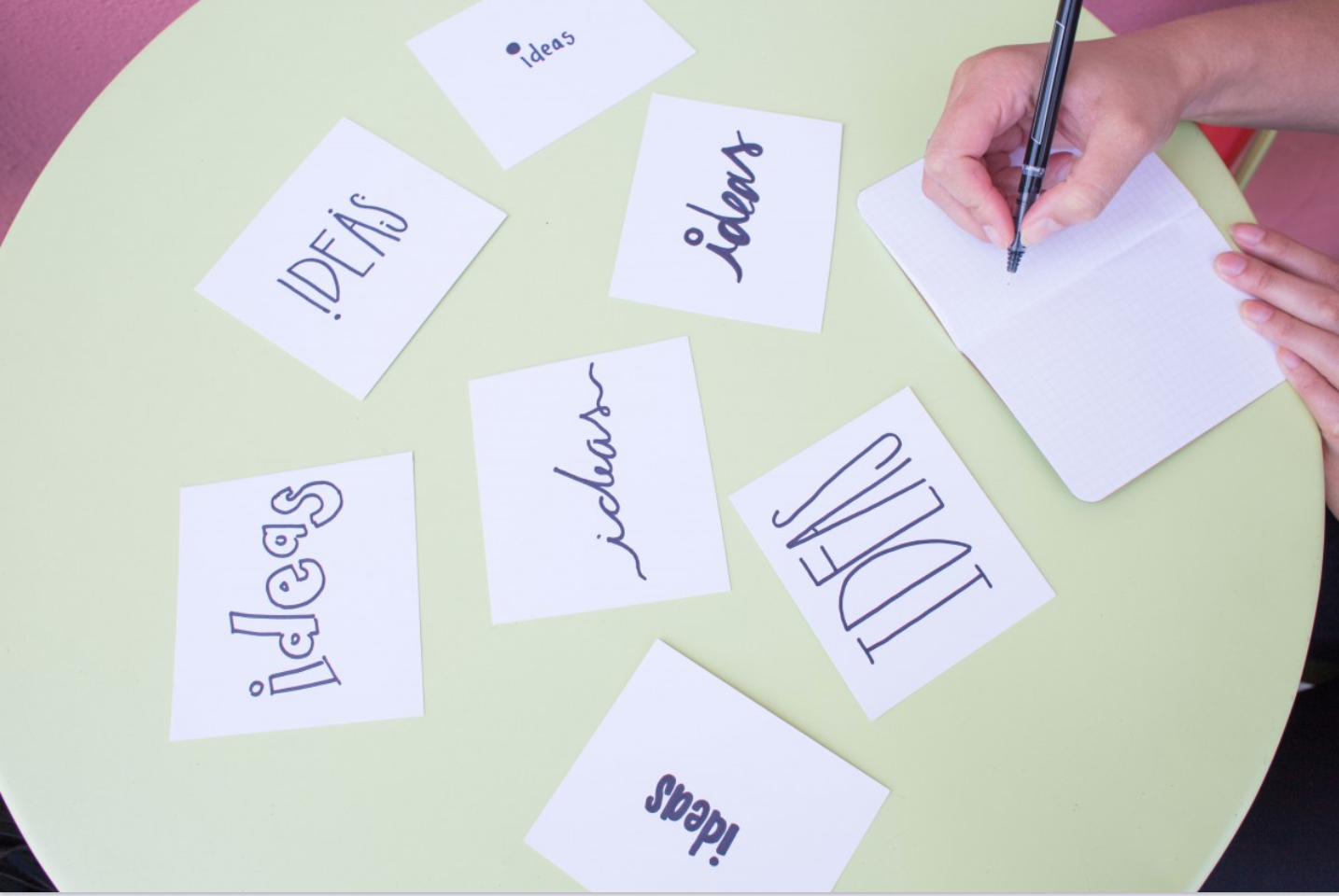You’ve got that one idea, you know, that really good idea. You were at work when you thought of it and you were just so antsy the entire day; you had to get this down on paper and you absolutely couldn’t wait another second to get started. The day dragged on, minute by minute, second by second, millisecond by millisecond, you had to wait through all of it. Finally, the hour was upon you and you finally hit that free point in your day. You get out your laptop or notebook and… nothing. All your excitement is gone, just like that. All you can do is stare at the white page, maybe watch the cursor blink a few times. You’ve been defeated by your own mind, and wow, does that feeling suck.
We’ve all been there. We’ve been intimidated by the blank page and can’t seem to get ourselves started. It’s pretty frustrating, especially when you’ve procrastinated and have around 12 hours to write 10+ pages of engaging plot. I’m here to tell you the ways I’ve saved myself in these situations, as well as how to prevent them in the first place.
A good place to start is probably the most obvious: don’t procrastinate. Forcing yourself to come up with something interesting at the last minute is stressful and can be pretty difficult. Heck, I’m writing this specific sentence a week before this blog post to avoid that. Now, I’m not saying that you need to sit down and write the whole thing at once, you just need to get yourself started. Give yourself time to develop your ideas during the next few days, then write down any thing you’ve thought of in those random moments of inspiration and hold on to them for later.
Struggling to come up with ideas? Writing prompts, yo. Grab a notebook or sketchbook you feel comfortable jotting ideas in and save them for later. Something like a sentence or a quote you’d like to write a story on is enough. If you’re able to get a full story based on sourdough bread, then it’s all you need. There’s also plenty of places online where you can find prompts, even on social media (@DailyPrompt on Twitter). Find that prompt that speaks to you and you’ve got a place to start.
So now you’ve got a prompt, now you’ve just got to create some characters. How do you create a character on the spot? Start with some flaws. Why should we care about them? People like characters that they can relate to or understand, and I’m not just talking about the protagonist either. Consider your antagonist and how they react to their world. I like to make a list of all my important characters with their flaws and traits before I write so I don’t forget them. This list isn’t meant to be set in stone either, you might change it later if you want to rewrite something.
Alright, you’ve got your writing prompt and your characters, but you still feel stuck. Don’t stress out yet, save that for finals. Maybe the problem is that you don’t know where to start. Think of it this way: there’s no rule saying you have to start at the beginning. Write down that one scene you know you’ve got developed and build the rest of the story from there. It also might help to plot out the story in some fashion, such as making a timeline. I like to use diagrams like the hero’s circle or the plot pyramid, that way I’m not thinking up the plot on the fly and can adjust it as I see fit while writing. These may finally help get those pencils moving or fingers typing.
There’s plenty of other strategies out there, so don’t think that you’re limited to these. Some people are able to start writing without having to write down any notes beforehand and that’s fine. It’s all about figuring out that way you can get your brain to transcribe your ideas to the paper, and not everybody has the same strategy. Once you’ve found a way that works for you, then you’re golden!


